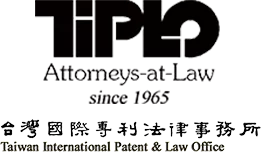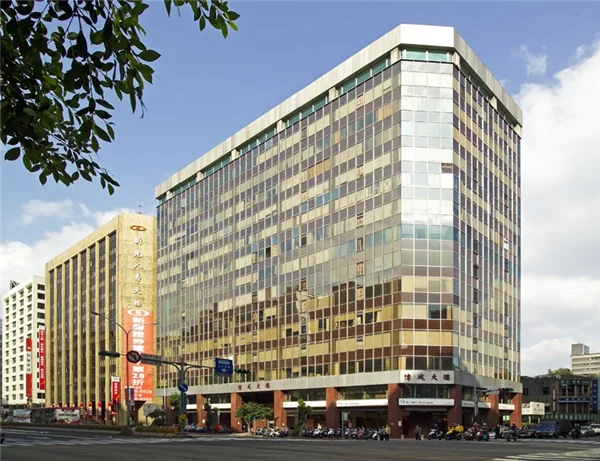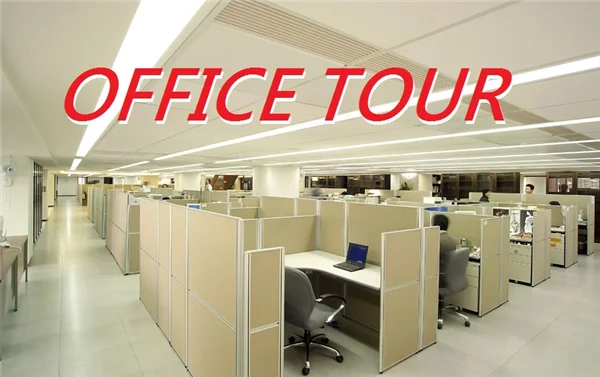Executive Yuan passed the draft amendments to the Copyright Law; infringers shall be punished severely
E030327Y3 Apr. 2003(E43)
Under the pressure of the imminent announcement of the “Special 301” priority watch list by the U.S., the Executive Yuan yesterday passed the draft amendments to the Copyright Law. Those who manufacture or sell pirated optical disks will be subject to public prosecution. Although the criminal punishment for severe violators will remain to be a prison term of not more than 7 years, the maximum fine will be raised from NT$0.45 million to NT$8 million. There are also additional provisions on the right of communication to the public, the right of distribution, restrictions on electronic transmission of words, sound recording, films, etc. The amendments will be presented to the Legislative Yuan for examination in hopes that they could pass three readings during the Legislative Yuan’s session.
Key points of the draft amendments are:
1. Specifying that “temporary reproduction” shall fall within the scope of “reproduction” but adding exclusive provisions on the “right of reproduction.” No need to obtain copyright owners’ consent for general browse on the Internet or legal use of works.
2. Adding the right of communication to the public. Before making another person’s work available on the Internet, one must obtain the copyright owner’s consent. In the future, search engine websites shall be subject to the same control, too.
3. Adding the right of distribution. Stores or street venders selling pirated products shall not be exempted from liability on the excuse that “they don’t know such products are pirated ones.” Even if they sell pirated products due to negligence, they still should take civil liability for infringing the right of distribution and if they do so knowingly, they should be both civilly and criminally responsible. Those who purchase pirated products unknowingly may be exempted from legal liability.
4. Adding the right to claim remuneration for public performance of sound recordings. In the future, copyright owners may claim remuneration from department stores, sales outlets, airplanes or restaurants or other public places using sound recordings.
5. Adding provisions on measures to protect technology. Those who manufacture or sell code-cracking devices or prove code-cracking services will be subject to civil and criminal liability. Those who crack codes by themselves will be subject to civil liability only.
6. Adding provisions on protecting rights management electronic information. One is prohibited from arbitrarily deleting or altering a copyright owner’s rights management electronic information (e.g. arbitrarily altering the authorization condition to “welcome free use”).
7. Amending provisions on reasonable use. Works released in the name of governmental agencies and political, economic or social essays or expositions run in newspapers, magazines or on the Internet may be publicly communicated on the Internet.
8. Specifying the liability for using pirated computer software for operational purposes. Those who do so negligently will be subject to civil liability, but both civil and criminal liability if they do it intentionally.
9. Amending civil liability for copyright infringement. The maximum amount of compensation for general infringement will be raised from NT$0.5 million to NT$1 million. If the infringement is committed on purpose and seriously, the maximum amount of compensation for general infringement will be raised from NT$1 million to NT$5 million.
10. Amending criminal liability for copyright infringement. The maximum fines imposed on those who sell pirated computer software or VCDs will be raised from NT$0.45 million to NT$8 million and the violators will be subject to public prosecution.
11. Adding provisions on voluntary seizure of infringing products by the Customs. The Customs may voluntarily seize infringing products to deter export of pirated products.
12. Adding provisions on the administrative confiscation by judicial police authorities. Judicial police may directly confiscate copyright infringing products. Incomes gained from sales of products of which owner is unknown shall be paid to the national treasury.
13. Adding provisions to specify that remuneration for use should be paid in the interim for retroactive protection, and that no sale or lease should be conducted upon expiration of the interim. Reproductions made before this country’s entrance to the WTO and during two years after this country’s entrance to the WTO shall not be sold or leased upon expiration of two-year interim.
The Government however didn’t give in to the U. S.’ request for extending the term of copyright to seventy years after the death of a copyright owner.
Translated by Joanne Lue














